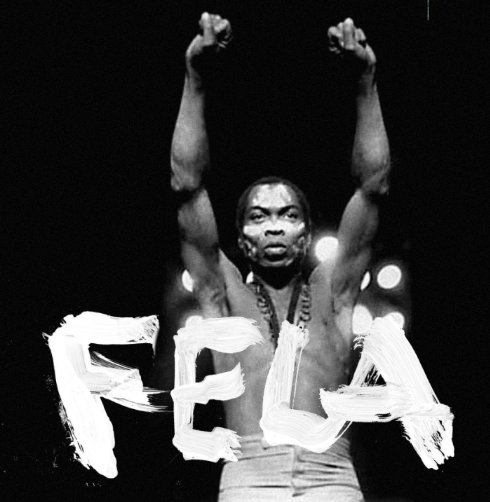Fela Kuti: Afro-beat Pioneer

Fela Kuti, born on October 15, 1938, in Abeokuta, Nigeria, left an indelible mark on the world as a musician and activist. This Nigerian icon introduced Afro-beat, a contemporary musical style that blended American blues, jazz, and funk with traditional Yoruba music.
The son of feminist and labor activist Funmilayo Ransome-Kuti, Fela's musical journey began with piano and percussion lessons in his youth. He furthered his musical education by studying classical music at Trinity College London in 1959. During his time in London, he immersed himself in various musical styles, playing piano in jazz and rock bands.
Upon returning to Nigeria in the mid-1960s, Fela reassembled Koola Lobitos, a band he had played with in London. It was through their experiments that the unique sound of Afro-beat emerged.
Fela's music took a political turn after his 1969 tour of the United States, where he was influenced by the activism of figures like Malcolm X and the Black Panthers. His songs, such as "Zombie," "Monkey Banana," "Beasts of No Nation," and "Upside Down," became powerful vehicles for social change.
Performing with his band, known as Nigeria 70, Africa 70, and later the Egypt 80, Fela staged electrifying early-morning concerts at his frequently raided nightclub in Lagos. His politically charged lyrics, sung in English and Yoruba, resonated with the disenfranchised, making him a symbol of resistance against Nigeria's military government.
Fela's activism extended beyond music. He established the independent Kalakuta Republic, a communal compound where controversy brewed as he advocated for indulgence in sex, polygamy (marrying 27 women), and drugs, particularly marijuana. The Nigerian authorities, troubled by his dissent, routinely raided his club.
Despite facing incarceration, including a 20-month jail term on currency smuggling charges in 1984, Fela continued his political pursuits. In 1979, he formed the Movement of the People and ran for the presidency of Nigeria. Although unsuccessful, he remained a prominent figure in Nigerian politics.
In 1993, Fela was jailed again, this time on murder charges, but the charges were later dropped. Tragically, he succumbed to complications from AIDS on August 2, 1997. His legacy lives on through Afro-beat, and his son, Femi, has continued to carry the torch of this influential musical genre. Fela Kuti's impact transcends borders, leaving an enduring legacy in the realms of music and activism.
Recommended Albums
Fela Anikulapo Kuti and Afrika 70 - Zombie
Fela Ransome Kuti & Africa 70 - Expensive Shit
Fela and The Africa 70 – Shakara
Fela & The Africa 70 - Roforofo Fight